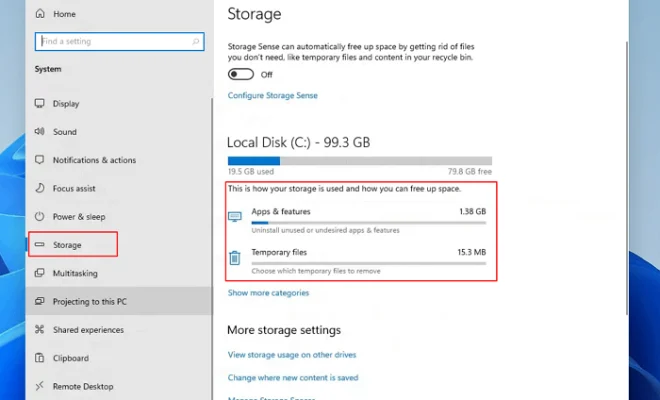All You Need to Know About Solar Panels in Oklahoma

The question of whether solar panels are worth installing in Oregon has risen in popularity as more residents are adopting sustainable energy practices. With the ever-growing awareness of climate change and the desire to reduce dependency on fossil fuels, solar energy offers an appealing solution. However, are solar panels a good long-term investment in Oregon? This article will examine the factors that determine whether it is worthwhile to invest in solar panels for your home or business in the Beaver State.
1. Climate and Sunshine
Oregon receives a moderate amount of sunlight throughout the year – about 142 sunny days annually. While this is less than sunnier states like California and Arizona, it’s still enough to make solar power a viable option. Solar panels continue to generate power even on cloudy days, although at reduced efficiency. In fact, Portland ranks above cities like Orlando and Houston for potential solar energy production.
2. Incentives & Tax Credits
One of the main factors that make solar panels a smart investment in Oregon is the variety of state and federal incentives available to property owners. In addition to the federal Investment Tax Credit (ITC) that covers 26% of installation costs through 2023, Oregon offers additional tax credits and rebates for installing solar technology.
The Energy Trust of Oregon provides cash incentives for installing qualifying solar panel systems while residential customers can access state tax credits through the Renewable Energy Development Grant program.
3. Environmental Benefits
Solar panels contribute to a cleaner environment by reducing greenhouse gas emissions. Every kilowatt-hour (kWh) of electricity generated by solar power prevents roughly one pound of carbon dioxide from entering the atmosphere. As a renewable resource, harnessing sunlight for power helps combat climate change and reduce air pollution.
4. Financial Savings
Solar energy systems have the potential to bring significant financial savings over time due to reduced dependency on grid electricity from utility companies – monthly savings can be as high as 50%. While solar panel installation may have a considerable upfront cost, Oregon’s incentives can help alleviate some of that initial investment. Furthermore, lower utility bills and increased home value make it a worthwhile long-term investment.
5. Net Metering
Oregon has a net metering policy in place, allowing homeowners with solar systems to receive credits for excess electricity generated and fed back into the grid. This policy helps offset your electricity consumption costs even further.
Conclusion
Considering the climate, available incentives, tax credits, environmental benefits, financial savings, and net metering availability – opting for solar panels in Oregon proves to be a smart investment. Apart from monetary advantages, going solar contributes to addressing climate change and promoting sustainable energy solutions. If you are contemplating installing solar panels in Oregon, now is an excellent time to harness the benefits of this renewable energy resource.






